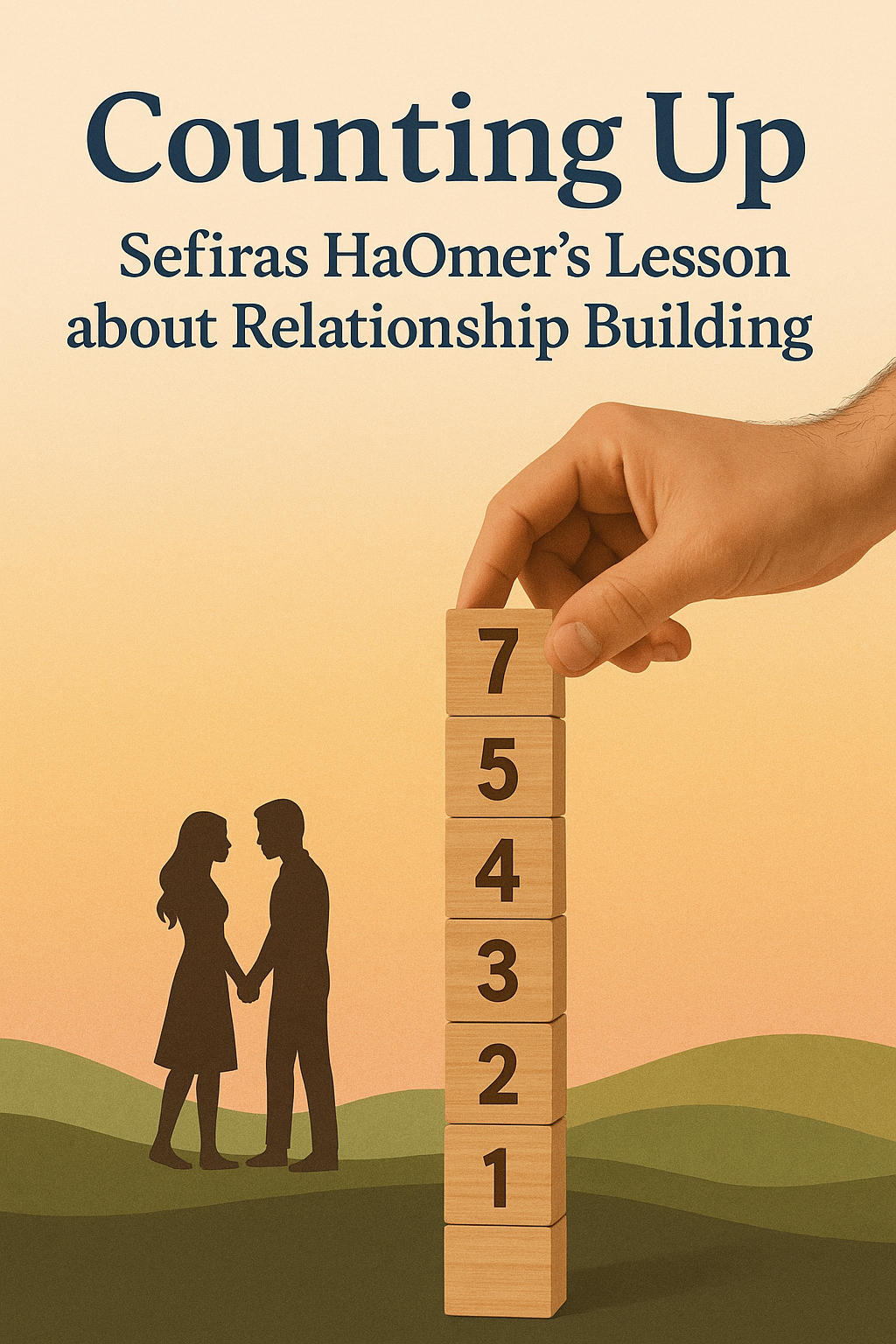Purim is a celebration of hidden miracles and unexpected heroes. But it’s also a story of messy, imperfect relationships—where love, duty, fear, and courage all blur together. At the heart of it all is Esther: a woman caught between worlds, trying to navigate connections that are anything but simple.
Esther didn’t choose to be queen. She was taken from her home and thrust into a palace where power dynamics overshadowed any sense of genuine connection. Her relationship with Achashverosh wasn’t built on love, trust, or mutual respect. It was complicated, transactional, and left Esther powerless and unseen.
And yet, within that imperfect reality, Esther didn’t lose herself. She didn’t passively accept her situation or ignore the risks around her. Instead, she found a way to reclaim her voice and make choices with intention and purpose. She didn’t stay silent out of fear or convince herself that everything was fine. When Mordechai urged her to speak up, she took time to reflect, gather her courage, and act deliberately.
Courage Amid Complexity
Purim teaches us that relationships don’t have to be perfect to hold purpose and potential. Sometimes we get caught up in thinking that if a relationship isn’t entirely healthy or ideal, it’s not worth our energy. But Esther’s story shows that even when things aren’t perfect, we can still take ownership of our role within them. It doesn’t mean accepting hurt or staying in harmful dynamics—it means choosing how to respond with wisdom and strength.
There’s a difference between tolerating a bad situation and finding a way to navigate it with integrity. Esther knew that Achashverosh’s behavior was problematic, but she didn’t let that reality paralyze her. Instead, she made a plan, took calculated risks, and leaned on her inner strength. She didn’t just react to her circumstances—she rose to meet them.
Owning Our Choices
Not all relationships are meant to last, and not all challenges are worth enduring. But sometimes we hesitate to show up or speak out because we’re waiting for the “right” conditions. Esther teaches us that courage means taking responsibility even when the situation isn’t perfect. It’s about choosing to act with integrity despite feeling uncertain or scared.
This Purim, reflect on the relationships in your life that feel messy or complicated. Instead of writing them off as failures or flaws, ask yourself:
- How can I reclaim my voice within this dynamic?
- What choices are mine to make, regardless of how others act?
- Am I holding back from speaking up because I’m afraid of the outcome?
And if you find yourself stuck or overwhelmed, consider seeking relationship counseling—not because it means admitting defeat, but because it’s a step toward clarity and growth. Sometimes the most courageous thing you can do is ask for help, take ownership of your story, and choose to move forward.
Purim isn’t about accepting imperfection—it’s about celebrating the unexpected ways courage can emerge from chaos. It’s a reminder that even in the most tangled situations, there’s potential for transformation and redemption. Esther’s story isn’t just about surviving a difficult reality—it’s about stepping into a role that seemed impossible and making choices that shaped the future of an entire nation.
This Purim, let’s celebrate the power of resilience, the courage to speak up when it matters, and the wisdom to find purpose even in uncertain times. Just as Esther’s bold choices forever altered the course of history, so too may we summon the strength to transform our own stories, no matter how daunting it may seem.





